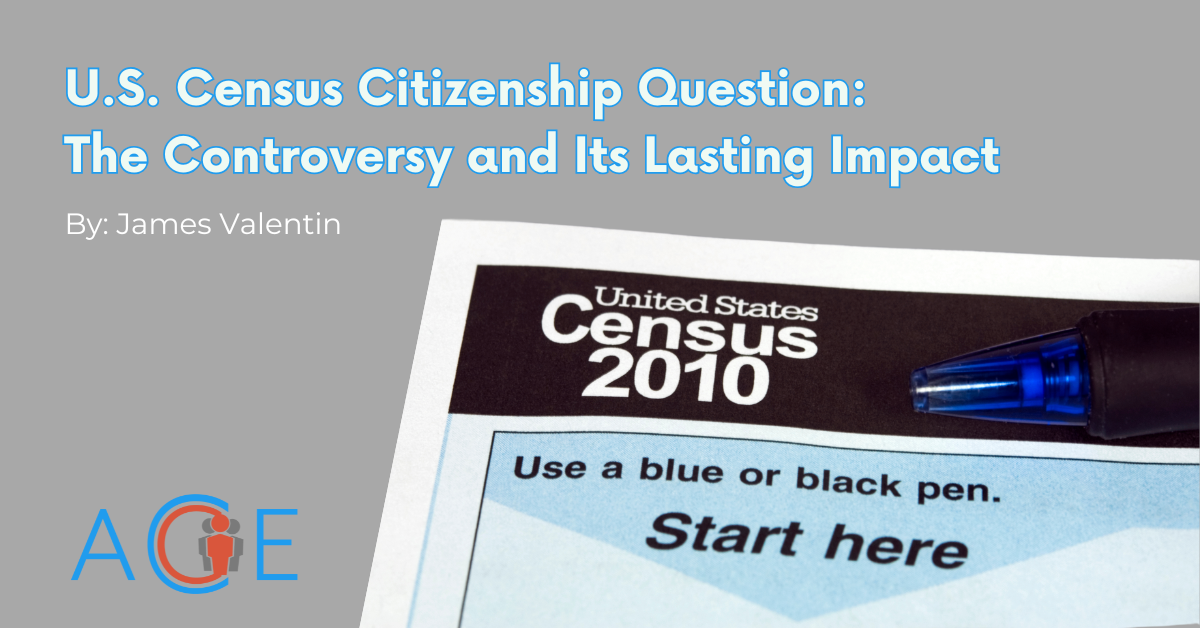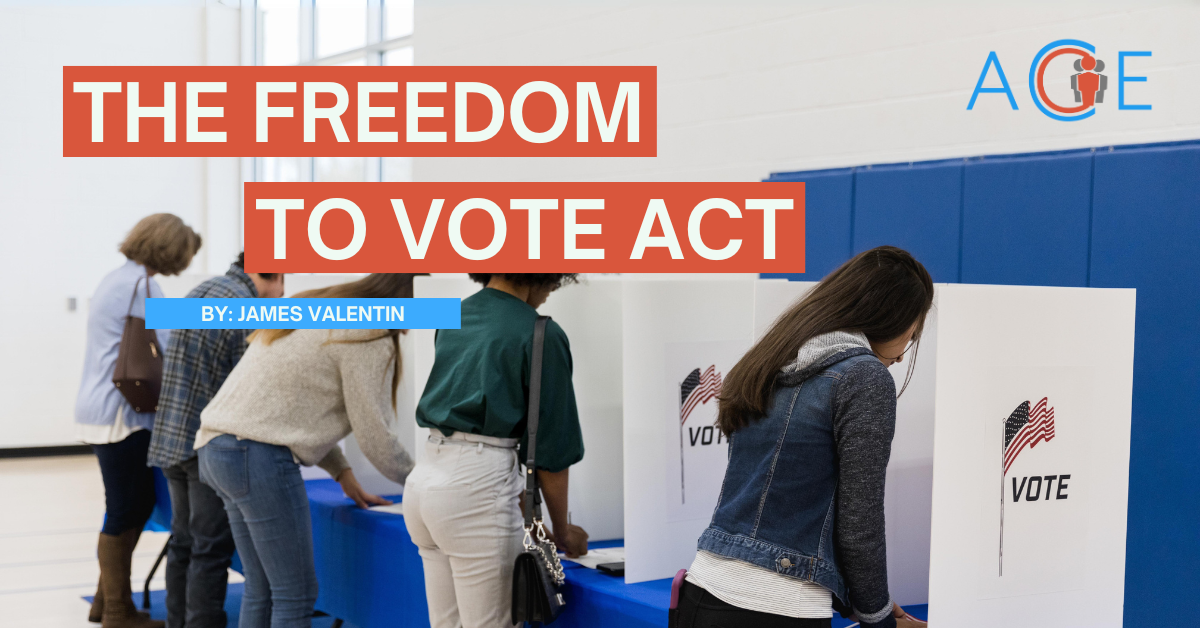Background
The citizenship question is a proposed addendum to the decennial U.S. Census. The U.S. Census Bureau conducts the U.S. Census every ten years to determine the headcount of the United States. The results of the U.S. Census are used for several purposes, including:
- Apportionment (the process of proportionally distributing the 435 seats in the House of Representatives to the 50 states)
- Redistricting
- Determining the distribution of federal funds to state and local programs.
The Census Bureau sends the decennial Census in the form of a survey that asks questions about the respondent’s date of birth, sex, race, and income.
The citizenship question, if it were added to the census, would additionally ask respondents if they and/or members of their household are citizens of the United States. The decennial U.S. Census previously included a question about citizenship beginning in 1820, but removed the question after 1950. The question does continue to appear, however, on the American Community Survey (ACS), another survey conducted by the Census Bureau which is sent to 3.5 million households annually.
The citizenship question became a topic of debate in the lead-up to the 2020 Census when the Justice Department sent a letter requesting the inclusion of the citizenship question to then-Census director Dr. Ron Jarmin. Democratic critics accused the Trump administration of adding the question to depress political power in Republican-leaning areas of the country. After three federal judges blocked a Department of Commerce motion to include the citizenship question, the issue arrived at the Supreme Court. In Department of Commerce v. New York, the Court temporarily barred the citizenship question from the census, but held that the inclusion of the citizenship question in the U.S. Census is constitutional.
Arguments in Favor of the Citizenship Question
Those who advocate for the addition of the citizenship question on the decennial U.S. Census argue that accurate counts of citizens and noncitizens are crucial for accurate redistricting and fair elections. Section 2 of the Voting Rights Act (VRA) states that racial discrimination in voting procedures and standards is strictly prohibited. In order to enforce this portion of the VRA and rectify instances of vote dilution, many argue that the Justice Department must know how many citizens of each race live in a jurisdiction. Multiple court cases have established that determining whether a minoritized racial group should hold the majority in a district should be based on the number of citizens of that racial minority, rather than noncitizens.
Arguments Against the Citizenship Question
Opponents of the citizenship question believe that the question would undermine the accuracy of the decennial U.S. Census by lowering response rates. A Harvard Kennedy School study found that asking respondents about citizenship status on a mock Census study “significantly increases the number of questions skipped, especially among Hispanic populations, and makes respondents less likely to report having members of their household who are of Hispanic ethnicity.” The study estimated that at a national level, the decrease in responses spurred by the citizenship question would reduce the number of Hispanic and Latinx people counted in the Census by 6.07 million. Another study found that the inclusion of the citizenship question could potentially cause an overall 2.2% drop in Census response rates. The researchers involved in the study found that the main reason for this drop concerned respondents’ fear that their answer to the citizenship question would be shared with governmental agencies outside the Census Bureau.
Since research suggests that including the citizenship question could significantly reduce Census response rates, some claim that doing so would violate the constitutional reasoning behind the Census. In 2020, 14 State Attorneys General sued the Trump administration for its efforts to include the citizenship question, stating that the question violated the constitutional requirement to “count each person in our country – whether citizen or noncitizen – ‘once, only once, and in the right place.’”
Conclusion
The issue of the citizenship question is likely to stay relevant at the legislative and judicial levels. Members of the House of Representatives have already begun discussing legislation on the topic. For example, Representative Chuck Edwards introduced the Voter Population Accuracy Act in January 2024, which would require the census to ask about citizenship status. The bill passed in the House of Representatives in May 2024, but has yet to pass in the Senate.
The debate over including the citizenship question in the U.S. Census ultimately hinges on whether it would provide a more accurate count of the U.S. population and improve outcomes for funding, apportionment, redistricting, and elections in the years to come.


